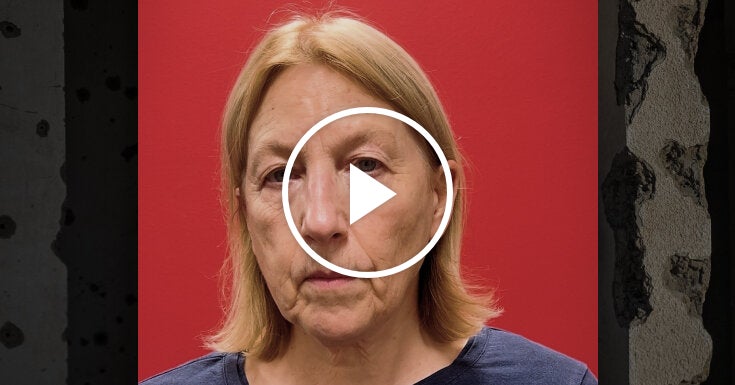In recent weeks, rebels in northwestern Syria have launched a series of sweeping assaults against the forces of President Bashar al-Assad, resulting in the taking control of large portions of territory, including much of the city of Aleppo. This escalation in violence has raised concerns about the potential for a renewed and intensified conflict in the war-torn country.
Carlotta Gall, a senior correspondent for The New York Times, has been closely following the developments in Syria and providing valuable insights into the factors that have contributed to the recent surge in fighting. According to Gall, events beyond Syria’s borders have played a significant role in igniting the latest round of violence.
One key factor contributing to the escalation in hostilities is the deteriorating relationship between Turkey and Russia. Turkey, a major supporter of the Syrian rebels, has been at odds with Russia, a key ally of the Assad regime, over a number of issues, including the ongoing conflict in Syria. Tensions between the two countries have been on the rise in recent months, with Turkey accusing Russia of violating a ceasefire agreement in Idlib, a province in northwestern Syria that has been a stronghold for rebel forces.
In response to what it perceives as Russian aggression, Turkey has ramped up its support for the Syrian rebels, providing them with weapons and other forms of assistance. This has emboldened the rebels and allowed them to launch a series of successful offensives against Assad’s forces, including the capture of large swathes of territory in Aleppo.
Another factor contributing to the recent surge in fighting is the growing influence of extremist groups within the rebel ranks. Gall notes that groups such as Hayat Tahrir al-Sham, an affiliate of Al-Qaeda, have become increasingly active in northwestern Syria and have played a significant role in the recent offensives against Assad’s forces. These extremist groups have their own agenda and are not necessarily aligned with the goals of the broader rebel movement, making them a destabilizing force in the region.
The involvement of external actors in the Syrian conflict has also exacerbated tensions and contributed to the escalation in violence. The United States, Russia, Turkey, Iran, and other countries have all been involved in the conflict in various capacities, backing different factions and pursuing their own strategic interests. This complex web of competing interests has made it difficult to find a political solution to the conflict and has instead fueled further violence on the ground.
The humanitarian situation in northwestern Syria has also deteriorated significantly in recent weeks, with tens of thousands of people fleeing their homes in search of safety. The ongoing fighting has made it difficult for aid organizations to reach those in need, exacerbating an already dire humanitarian crisis in the region.
Despite the grim outlook, there are still glimmers of hope for a peaceful resolution to the conflict. The recent ceasefire agreement brokered by Turkey and Russia in Idlib is a positive step towards de-escalating tensions and preventing further bloodshed. However, the fragile nature of the ceasefire and the deep-rooted divisions among the various actors involved in the conflict make it a tenuous prospect at best.
As the situation in northwestern Syria continues to evolve, it is clear that a lasting peace will require a concerted effort from all parties involved to find a political solution to the conflict. The international community must also step up its efforts to provide humanitarian assistance to those affected by the violence and work towards rebuilding the shattered country. Only through a coordinated and inclusive approach can Syria hope to emerge from the ashes of war and begin the long and difficult process of rebuilding and reconciliation.









